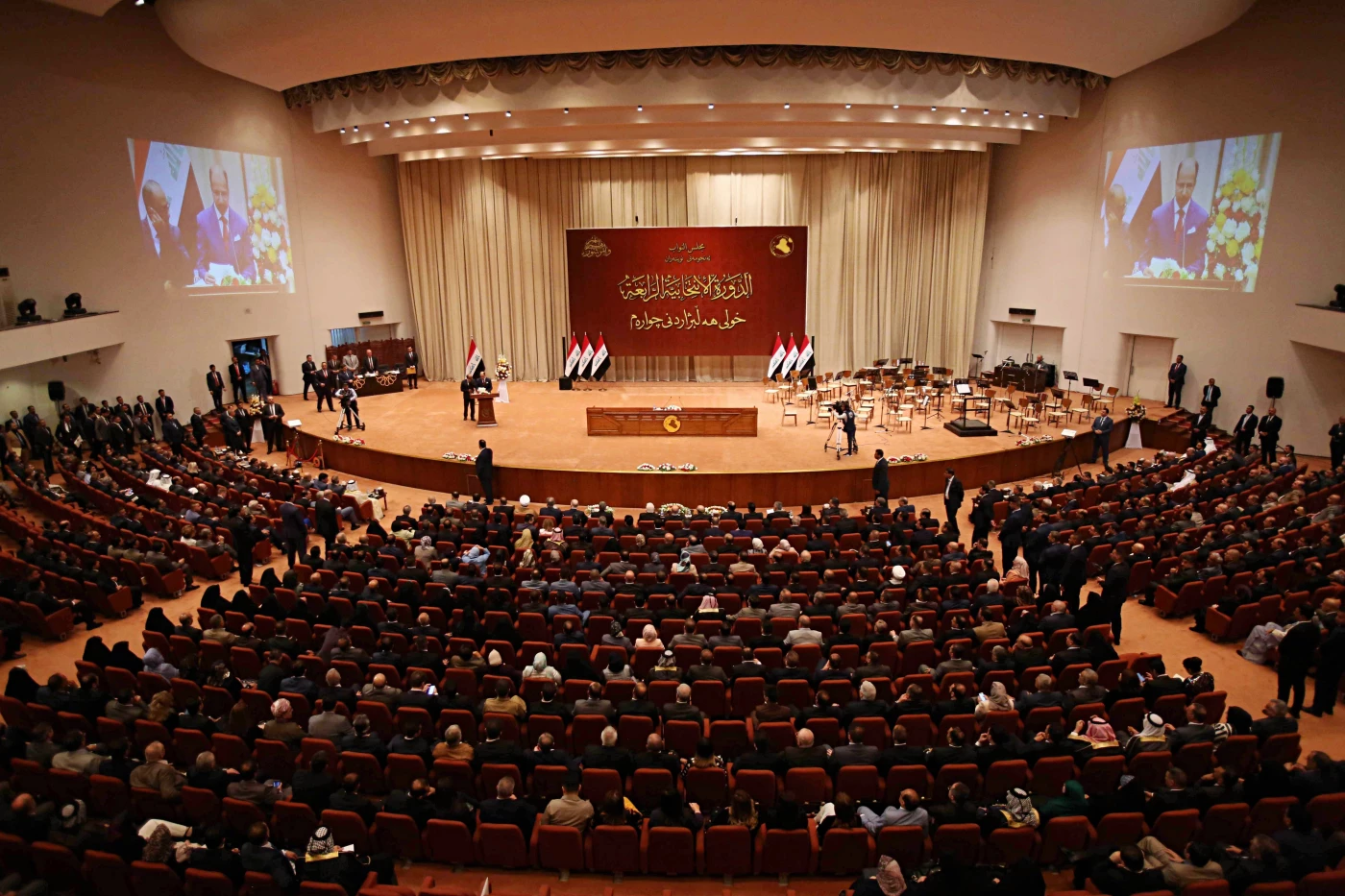ERBIL, Kurdistan Region of Iraq - The results of Iraq’s general population census could either lead to increasing the number of seats in the parliament or amending the related Article in the constitution, according to a rights monitor.
Iraq is currently conducting a nationwide population census for the first time since 1987. A count in 1997 did not include the provinces of the Kurdistan Region.
The Iraqi parliament had 275 members in its first term in 2005, which was increased to 325 members in the second term in 2010, and then raised to 329 in the following terms starting from 2014.
Lawyer Hazem al-Radini, deputy head of the Strategic Center for Human Rights in Iraq, said that the number 329 has been adopted as a speculation of the number of population since no census has been conducted since 2003.
Article 49 of the Iraqi constitution states that the parliament “shall consist of a number of members, at a ratio of one seat per 100,000 Iraqi persons representing the entire Iraqi people.”
“There are provinces that may increase their seats and others that may decrease, as a result of the population movement that occurred between the provinces from 1996 to 2024, as there are security and economic circumstances,” said Radini.
The lawyer said that following the census the parliament will have two choices: One is increasing the number of seats in the parliament’s sixth term, which is expected to be no less 430 and would be divided over the 18 provinces according to their population in the census.
The second choice is amending Article 49 and removing the concept of one seat per 100,000 persons and setting a maximum limit of 300 seats in the parliament, according to Radini.
Iraq had initially planned to conduct a population census in 2020 but was postponed due to the coronavirus.
Preliminary results of the census are set to be announced within 48 hours.
Unofficial figures put Iraq’s population at over 45 million.



 Facebook
Facebook
 LinkedIn
LinkedIn
 Telegram
Telegram
 X
X


